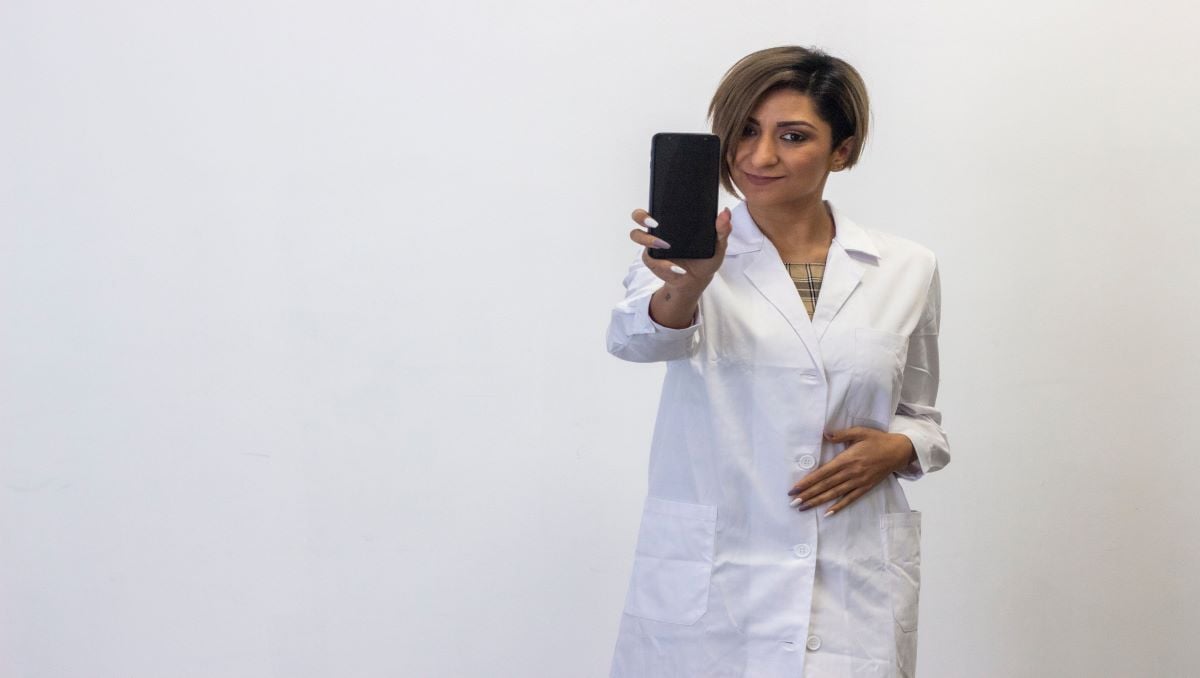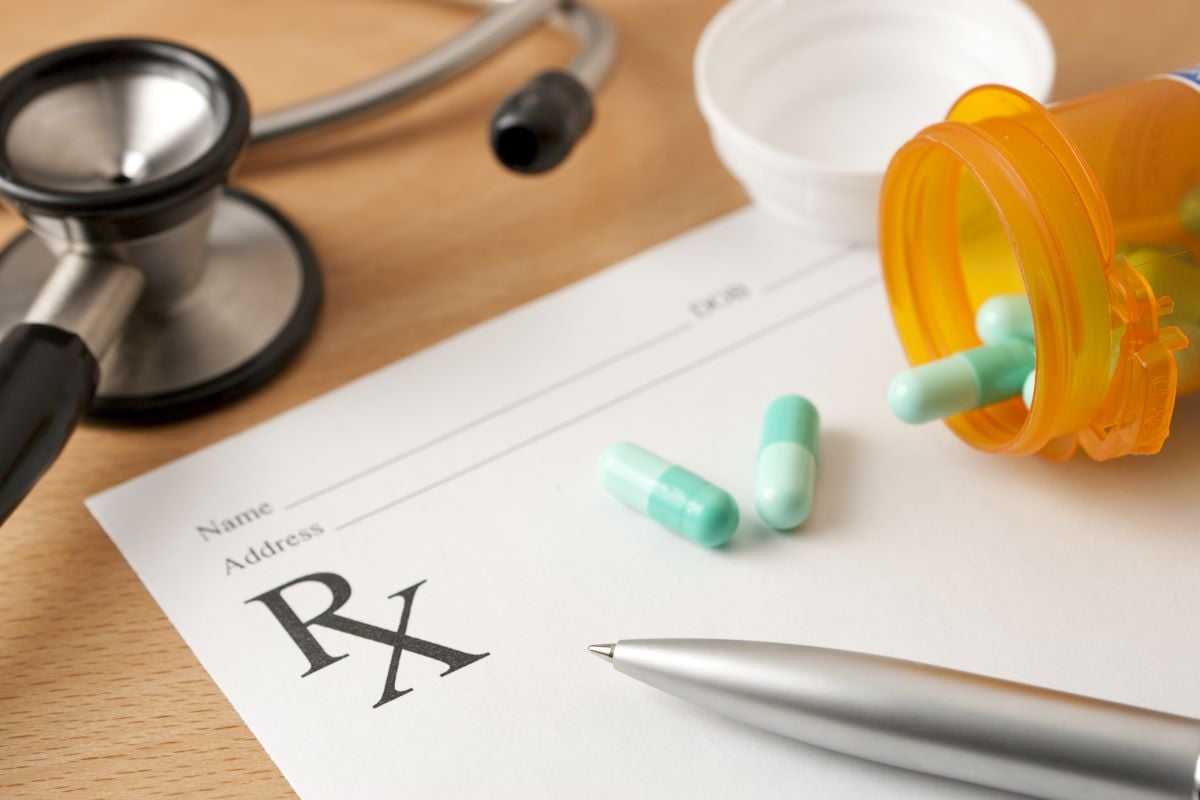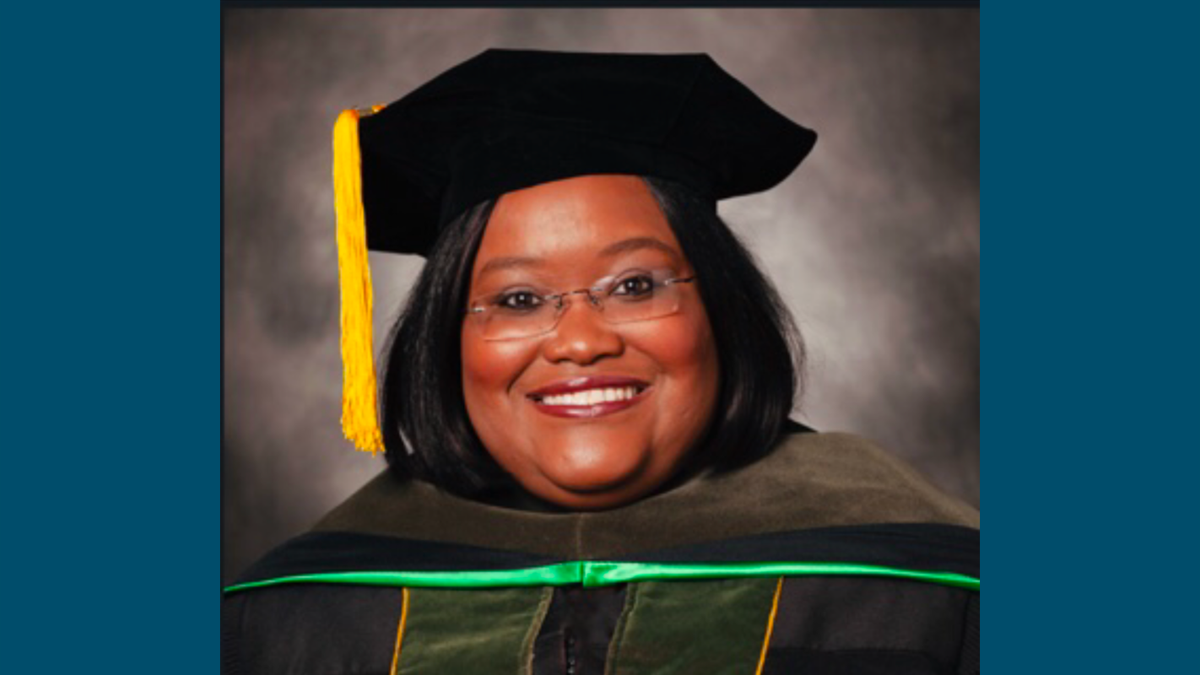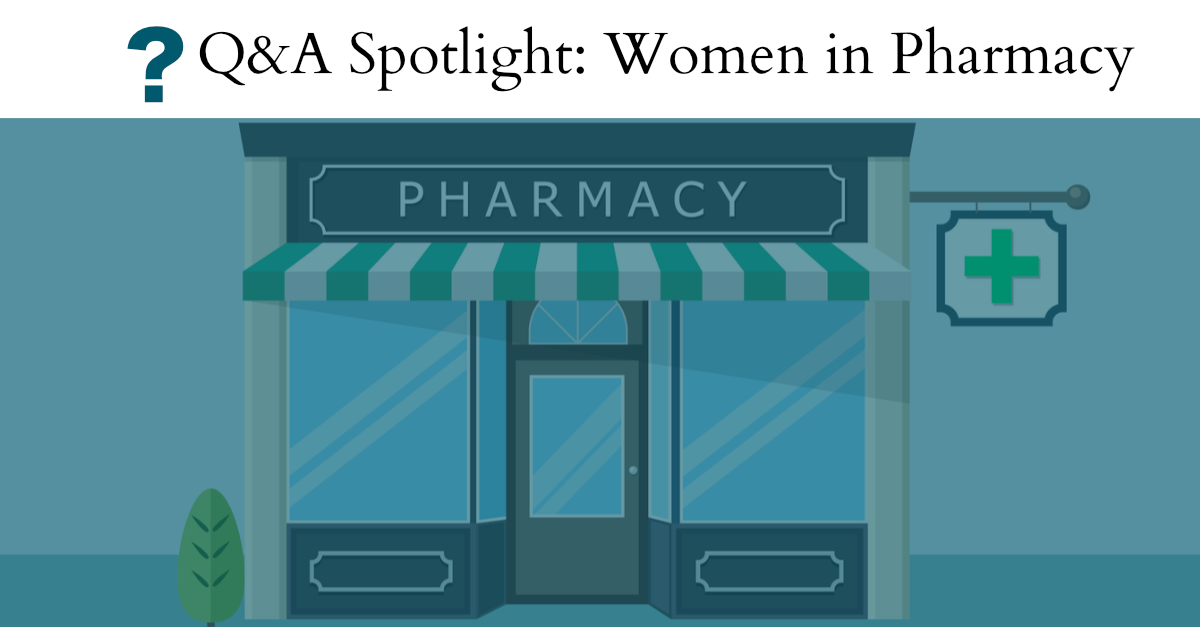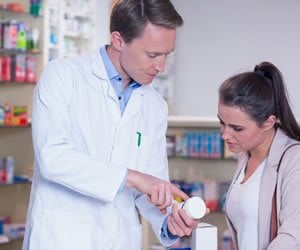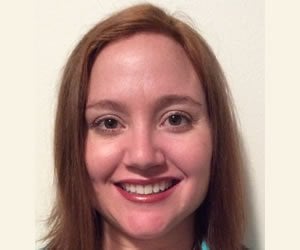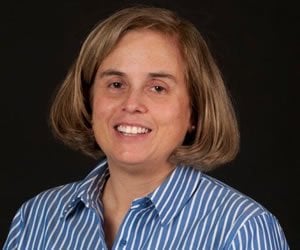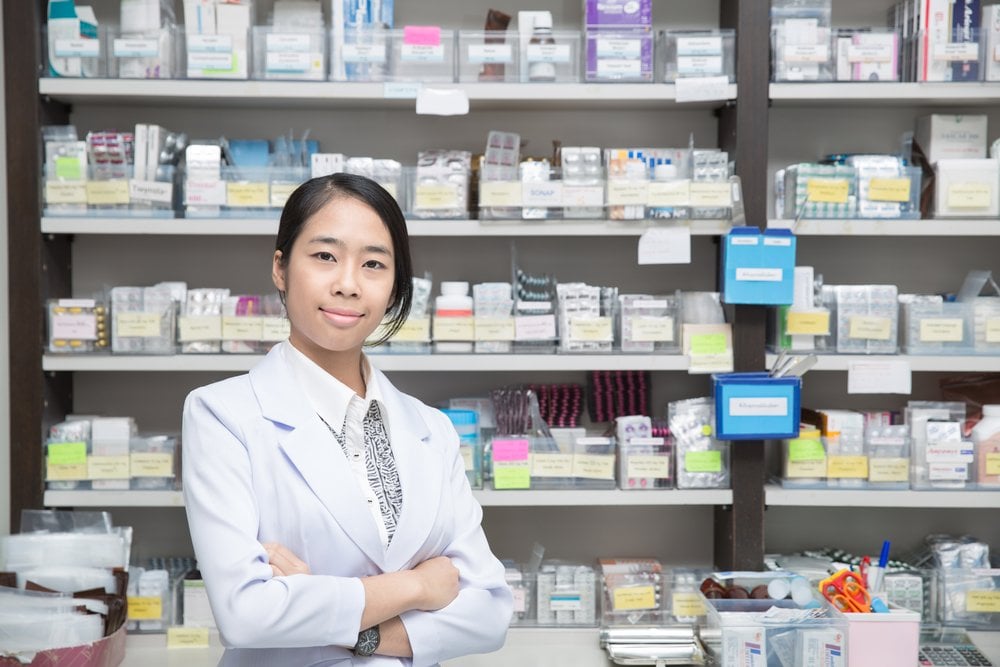Junior doctors [and residents in the US] do a valuable and sometimes life-saving job for patients. They are the future in medicine and can bring enthusiasm and fresh ideas into the profession. Despite the importance of their role to society, junior doctors have sky rocketing stress levels and many have an appalling state of mental health.
The Shocking Suicide Rate Among Doctors
It is totally shocking that in the 21st century, so many bright young doctors fall prey to depression and around 400 US physicians intentionally end their own lives annually. This means that every year in America, a million patients lose their doctor to suicide. The chance of dying by suicide is greatly increased for those in the medical profession compared with ‘lay’ people. For instance, male doctors have a 70% increased risk of dying as a result of suicide, when comparing the death rates with men from the general population. One of the reasons there are more completed suicides – ironically – may be as a result of doctor training. Doctors know the human body intimately. They know about drug dosages, they know more about the effects of drugs on the body. They know how to save a life and because of this, how to take one. A determined doctor can calculate a fatal drug dose expertly or know where to cut that would be catastrophic. They also have access to powerful, death dealing drugs that are only available on prescription to the rest of the population. This may be why there are so many successful doctor suicides each year.
How to Use Social Media to Your Advantage as a Pharmacy Student
Authors: Jovin Lezeau, PharmD, Raechel Moore, PharmD, BCACP, Kim Finley, PharmD, BCACP Do you find … Read more

